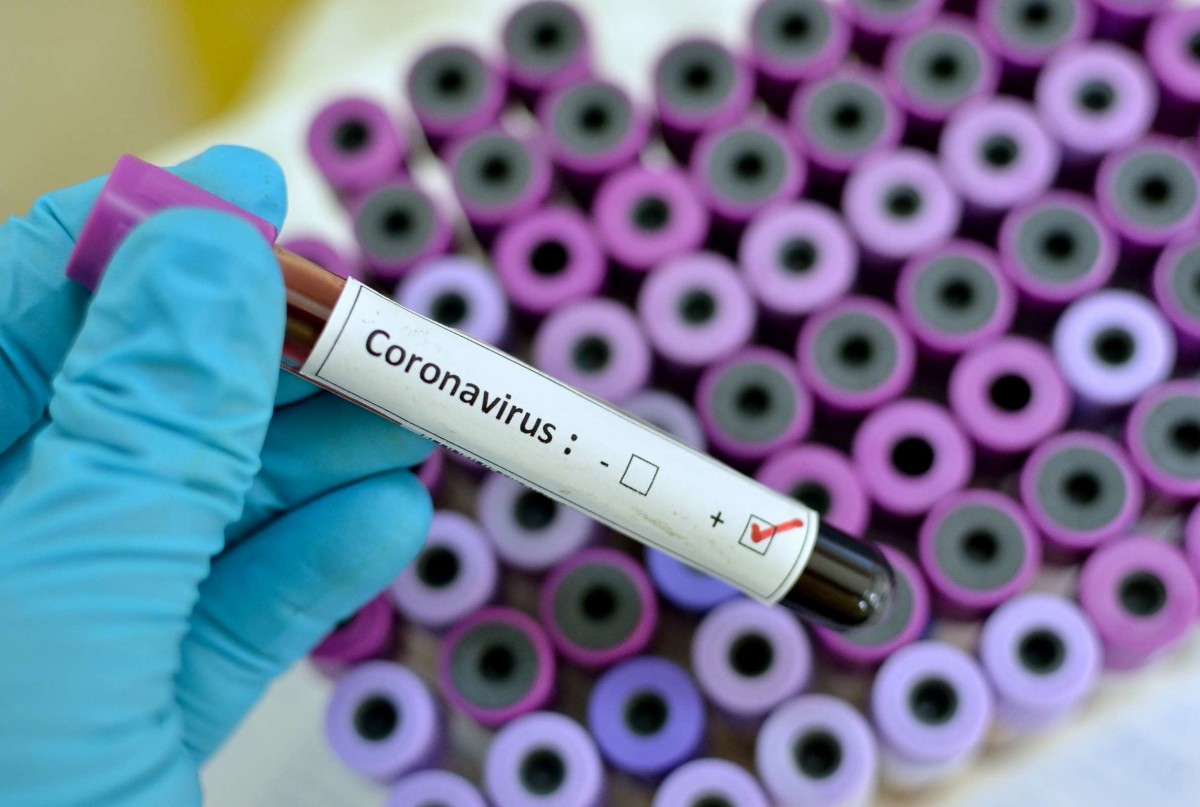Coronavirus: How to be prepared in the workplace
Novel Coronavirus, or Covid-19 as it is officially known, has dominated headlines since the first case was diagnosed in December 2019, and it isn’t surprising. Since then, and at the time of writing, cases have been diagnosed in 32 countries around the world, including the UK. In Northern Ireland alone, there are 12 confirmed cases so far.
While the advice is to take a “common sense approach” to the coronavirus, no doubt as an employer, you can’t help but wonder what impact this could have on your business. With more outbreaks predicted, it is therefore important to prepare for the worst-case scenario by taking action to protect your workforce and prevent spread of the disease.
With this in mind, here are our top tips on how to be prepared for Coronavirus in the workplace…
Changes to statutory sick pay (SSP)
Those off sick or officially in isolation due to the Coronavirus (also known as Covid-19), will be entitled to SSP from day one rather than serving three unpaid waiting days.
What if an employee is not actually sick but the doctor has advised them to self-isolate?
Employees who are not sick, but have reason to believe they have been exposed to the virus and have been advised by doctors to self-isolate, or have had to go into quarantine, at the time of writing this article, have no legal right to pay. They are not actually sick and therefore are not entitled to Statutory Sick Pay or Contractual Sick Pay. However, the advice on this may change and if you find yourself in this situation you should seek advice on this before making a final decision on payment.
Educate employees on the Coronavirus
By now, everyone should know the symptoms associated with the Coronavirus but there is no harm in reminding employees of this. Typical symptoms include fever, coughing and shortness of breath, which may progress to more severe symptoms. And, like most viruses, those with weakened immune systems and the elderly, are more at risk.
Keeping employees safe
Good hygiene is key in helping prevent the spread of the virus. Make sure your office has running hot water at all times, soap is readily available and if you can, offer hand sanitiser at various points throughout the office. If possible, reduce face-to-face meetings, which can be replaced with online Facetime meetings. Finally, working from home options should be considered for particular employees.
Travel to affected areas
Organisations must not insist employees travel to affected areas for work. Furthermore, they should advise employees not to travel to these areas for holiday purposes. The Foreign and Commonwealth Office has advised against all travel to Wuhan in China, where the virus originated and is at its worst.
Employees returning from affected areas
Whilst as an employer it is your duty to keep staff safe by taking reasonable steps, there is currently no legal obligation to impose a precautionary suspension of non-symptomatic employees who are returning from areas with cases of Coronavirus.
Where an employee presents with symptoms, they should refer themselves to their GP and follow their advice. As mentioned above, those off sick or officially in isolation due to the Coronavirus, will be entitled to SSP from day 1 of their absence.
Suspending employees
If a business chooses to ask an employee not to return to work as a precaution, the person in question is entitled to full pay, unless their contract gives the employer the right to suspend without pay for this specific reason.
Changes to annual leave
You may find that now, and over the next few months should the virus continue to spread, employees may wish to cancel planned holidays to affected areas, with little or no notice. This will mean a request to postpone annual leave. It is advisable to work with employees on this issue where possible.
Finally, this is an ever-changing area at the minute with daily updates so it is important as employers to stay up to date with the latest guidelines.















